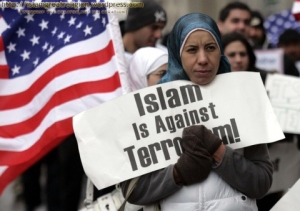 The emboldening of bigotry and hatred is just one of the toxic facets that the current president of the United States campaigns upon. One of the targets of this hate is the Muslim community. From his earlier days of attempting to “slander” Barack Obama by claiming he was secretly Muslim, to his “Muslim ban” of 2017, Donald Trump has used this community to play upon fear and xenophobia. The new Netflix documentary Ghosts of Sugar Land briefly attempts to explore the ramifications of an anti-Muslim atmosphere through an intimate lens of friendship, personal faith, and extremism in the town of Sugar Land, Texas. The results are mixed, but provide impactful moments to inspire conversation.
The emboldening of bigotry and hatred is just one of the toxic facets that the current president of the United States campaigns upon. One of the targets of this hate is the Muslim community. From his earlier days of attempting to “slander” Barack Obama by claiming he was secretly Muslim, to his “Muslim ban” of 2017, Donald Trump has used this community to play upon fear and xenophobia. The new Netflix documentary Ghosts of Sugar Land briefly attempts to explore the ramifications of an anti-Muslim atmosphere through an intimate lens of friendship, personal faith, and extremism in the town of Sugar Land, Texas. The results are mixed, but provide impactful moments to inspire conversation.
Directed and co-written by independent filmmaker Bassam Tariq (These Birds Walk), with co-writer Thomas Niles (Phantom Cowboys) the short documentary provides testimony of a group of suburban Muslims from the town of Sugar Land as they attempt to reconcile the disappearance of a close friend and the consequences of his actions. Their friend, given the codename Mark in the film, is Warren Christopher Clark. Clark is a young Black man and childhood friend of the group who, in 2018, would go on to travel to Syria to join the extremist organization Islamic State (ISIS). Clark would eventually be captured by U.S.-backed forces in Syria and forced to face charges of terrorism. The film was produced shortly before Clark’s capture.
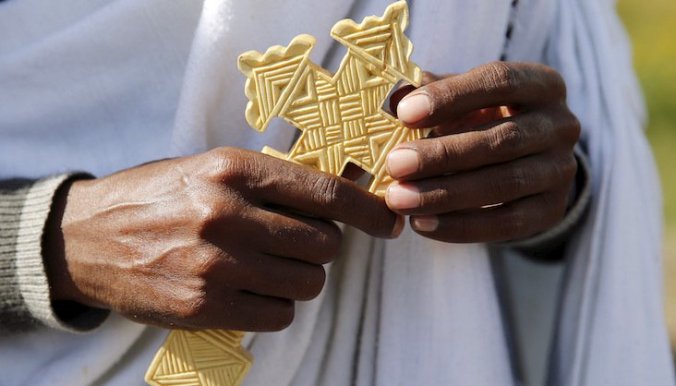 Ethiopian Christians took to the streets after morning mass on Sunday to protest multiple attacks on Ethiopian Orthodox churches in the country.
Ethiopian Christians took to the streets after morning mass on Sunday to protest multiple attacks on Ethiopian Orthodox churches in the country.
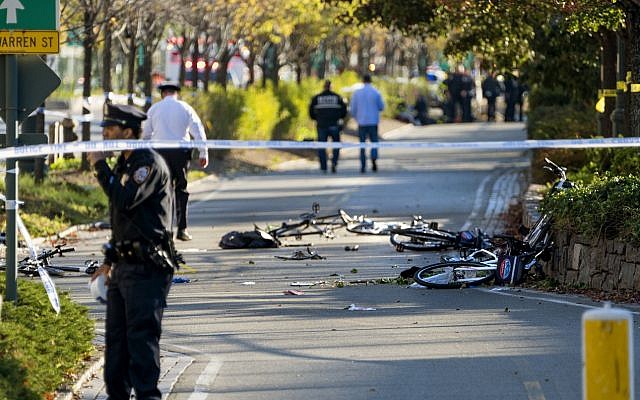 Every time a domestic terrorist kills innocent bystanders or heads abroad to join the Islamic State group, experts and pundits try to explain the inexplicable: Why would a person do that?
Every time a domestic terrorist kills innocent bystanders or heads abroad to join the Islamic State group, experts and pundits try to explain the inexplicable: Why would a person do that?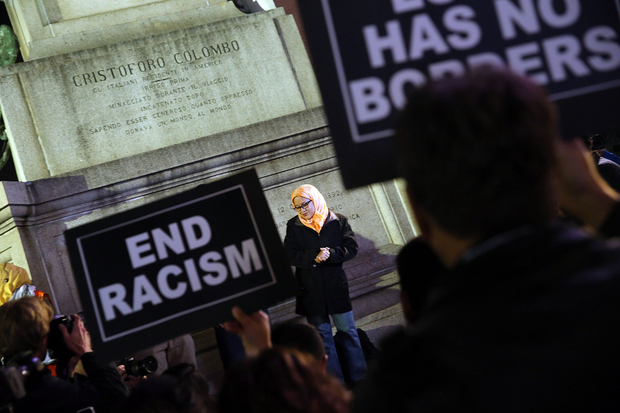
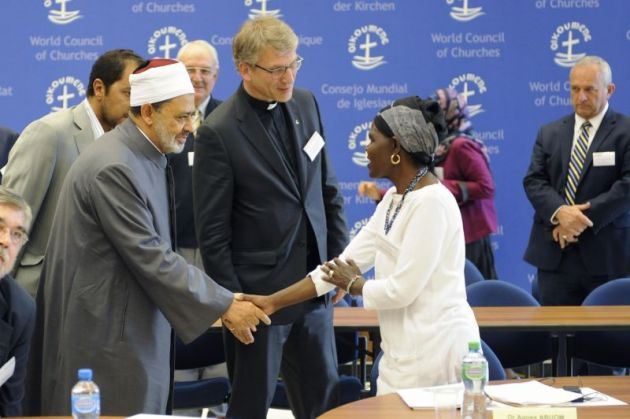 Religious leadership, both Christian and Muslim, needs to be more courageous than it has been, says Dr. Agnes Abuom, moderator of the World Council of Churches main governing body.
Religious leadership, both Christian and Muslim, needs to be more courageous than it has been, says Dr. Agnes Abuom, moderator of the World Council of Churches main governing body.
 The alarming exploitation of the Brussels attacks for political purposes shows how urgent it is to take back the discourse around Islam and Muslims from racists and extremist populists like Donald Trump and Marine Le Pen.
The alarming exploitation of the Brussels attacks for political purposes shows how urgent it is to take back the discourse around Islam and Muslims from racists and extremist populists like Donald Trump and Marine Le Pen.